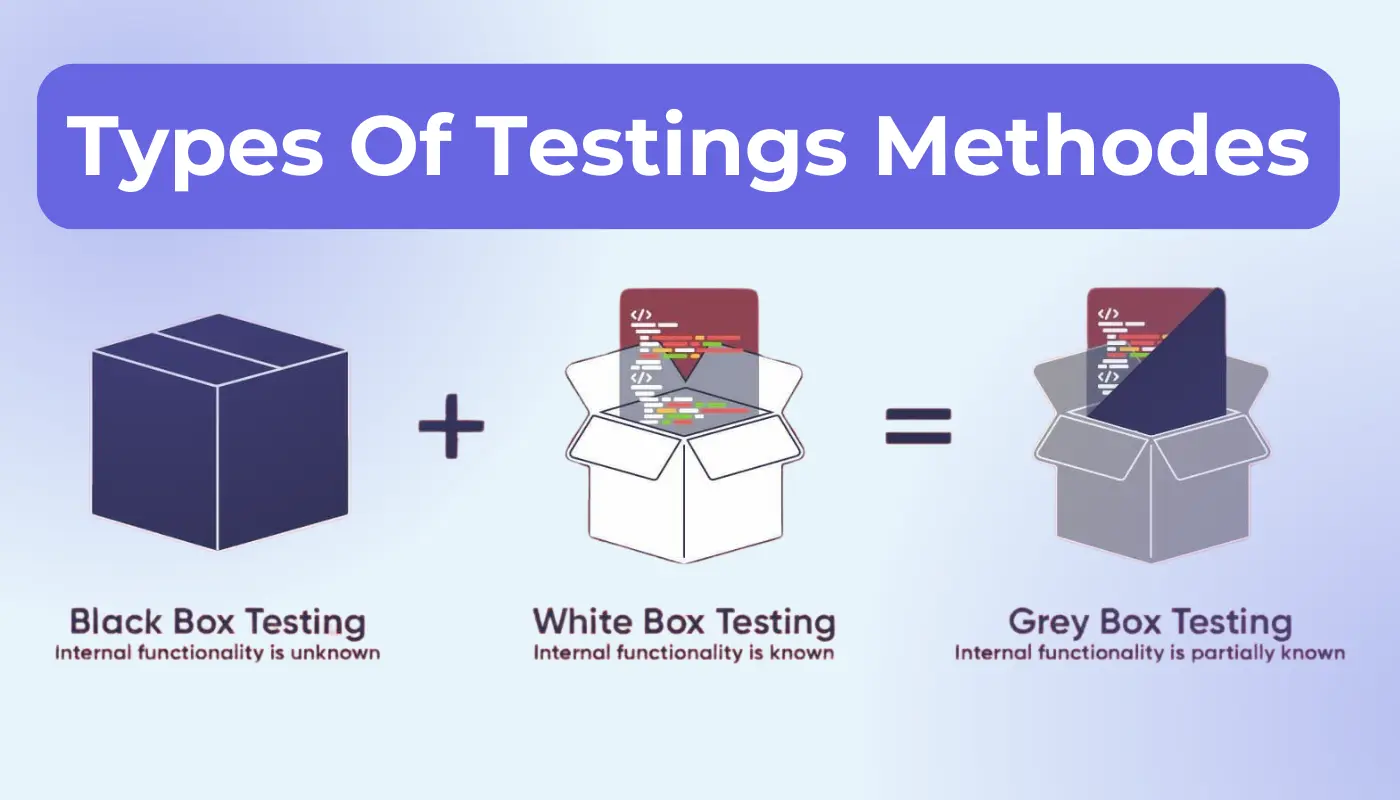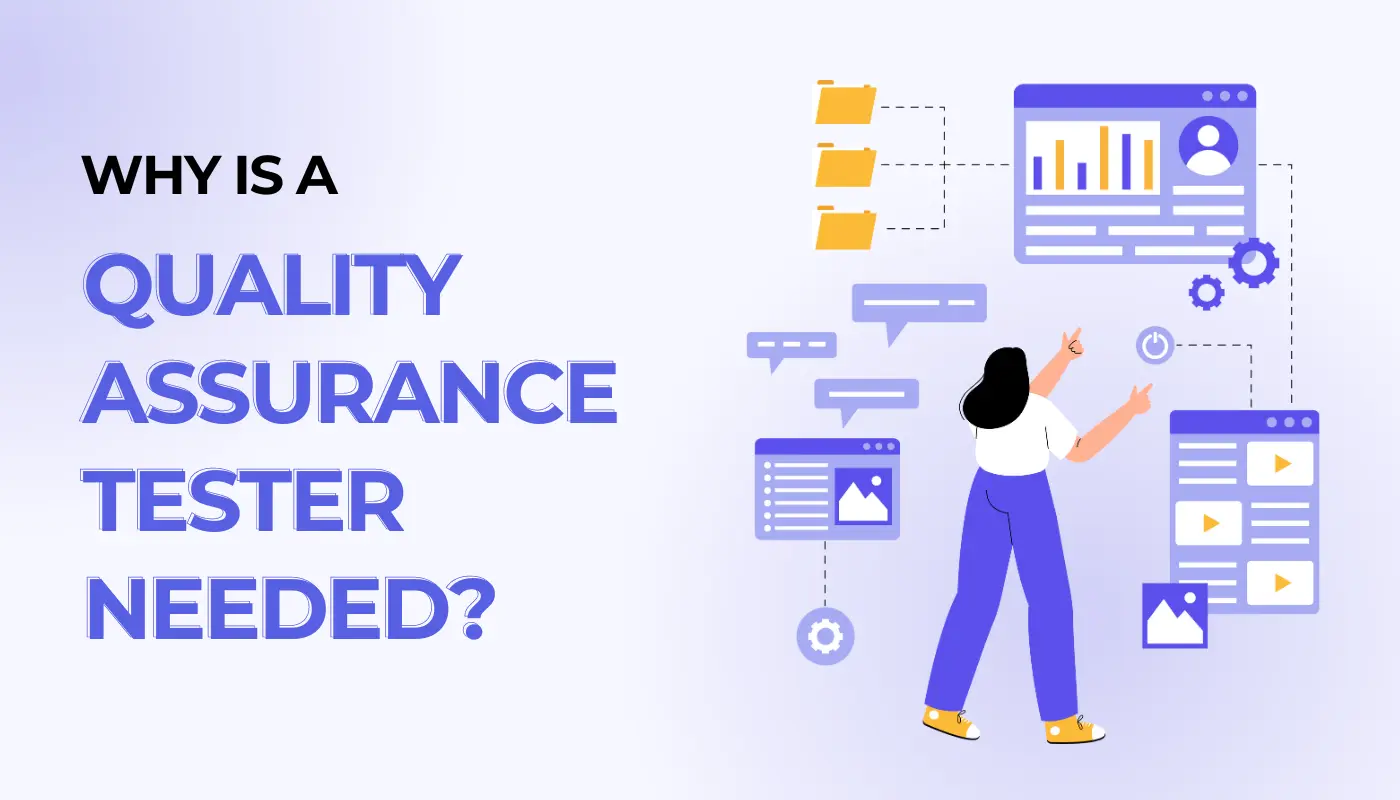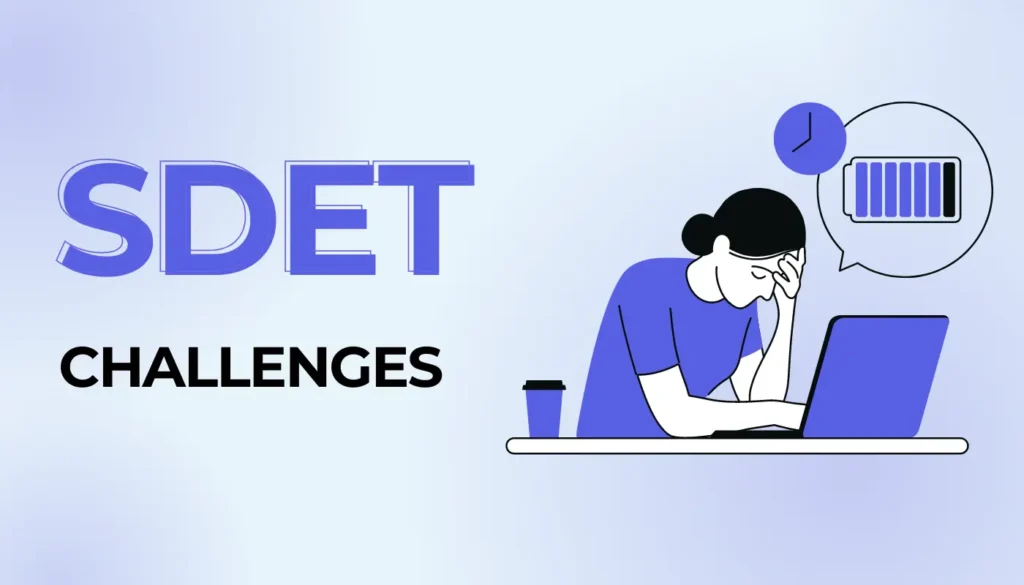Creating high-quality applications is a paramount objective in the fast-paced software development world. However, ensuring the software meets the desired standards and functions seamlessly is no easy feat. This is where a Quality Assurance (QA) tester steps into the limelight, equipped with their arsenal of testing methodologies and a sharp eye for detail. In this article, we’ll explore the pivotal role of a QA tester and underscore why their presence on a software development team is vital.
Introduction: The QA Tester's Quest for Quality
Imagine building a house without inspecting the foundation, checking the walls, or testing the electrical connections. Would you feel safe living there? Probably not! Similarly, in the realm of software development, QA testers play a pivotal role in guaranteeing that the digital structures we create are robust, reliable, and secure.
A QA tester is like a vigilant detective, constantly scanning the software for bugs, glitches, and inconsistencies. Their role is to guarantee that the final product not only meets the specified requirements but also delivers an outstanding user experience. This involves a meticulous examination of the software, comparable to scrutinizing the intricate details of a masterpiece to identify imperfections.
Wedevx, a prominent hub for tech education, recognizes the significance of a proficient QA tester in the software development realm. Through their specialized courses and insightful resources, Wedevx empowers aspiring and seasoned QA testers to hone their skills, equipping them to contribute to the creation of high-quality software.
AI POWERED
CODING PLATFORM
- DEVXAI ASSISTANT
- 300+ CODING EXERCISES
- REAL-LIFE CODING EXERCISES

Why Quality Assurance Matters
To comprehend the QA tester role, we must first grasp the gravity of QA in software development. Quality assurance is like the safety net of a trapeze artist. It’s the measure that ensures software doesn’t crash, malfunction, or disappoint users when they interact with it.
Unveiling a software product laden with bugs can tarnish a brand’s reputation and cause significant financial losses. A study by Tricentis reveals that software bugs cost the global economy an estimated $1.1 trillion in 2016. These staggering numbers emphasize the critical need for rigorous testing and the importance of having QA testers in every software development team. You can learn QA from Wedevx. It is the best QA bootcamp in USA with job placement guarantee.
Types of Software Testing: A Palette of Quality Assurance
QA testers utilize an array of testing methodologies to scrutinize software and validate its quality. These testing methods fall into two primary categories: white-box testing and black-box testing.

White-Box Testing: Peering into the Inner Workings
White-box testing, often referred to as “clear-box” or “glass-box” testing, offers a unique view into the inner workings of software. Picture it as having a backstage pass to a concert, where you can see not only the performance but also how the magic happens behind the scenes. In the realm of software, this translates to having complete access to the source code and understanding the intricacies of its architecture.
Or imagine you’re an investigator with access to all the case files, clues, and the entire crime scene. In white-box testing, QA testers are like the detectives of the digital world. They meticulously examine the blueprint of the software, understanding its structure, algorithms, and coding logic.
Just like an investigator scrutinizes the scene with brush strokes, takes notes, and pictures, and leaves stickers at places of interest, a white-box tester delves into the fine details of the code. They ensure the code adheres to specified guidelines, follows industry standards, functions optimally in various scenarios, and most importantly, can’t be exploited.
Every line of code is like a clue at the crime scene of the software investigation. The white-box tester, armed with their magnifying glass, scrutinizes these strokes to unveil inconsistencies, uncover logical errors, and identify potential areas for enhancement or better protection. By peering into the software’s architecture, they not only catch bugs but also validate that all aspects of the software are covered.
White-box testing is the epitome of precision and attention to detail. It ensures that the software’s foundation is solid, its pillars are stable, and its overall structure is robust. It’s a meticulous process that guarantees the software is not just a medley of code but a well-orchestrated masterpiece.
Incorporating white-box testing into the software development process is akin to having an expert audit your work. It’s a critical step that significantly contributes to the creation of reliable, high-quality software.

Black-Box Testing: Focusing on the End Result
In the realm of software testing, black-box testing stands as a paramount approach. Unlike its counterpart, white-box testing, it operates without delving into the intricate details of the internal code. Instead, it focuses solely on evaluating the software’s functionalities and features, ensuring they align with the specified requirements. This approach replicates how an end-user would interact with the software, making it an efficient method to pinpoint potential user experience issues or exploits.
Imagine a mystery shopper assessing a store’s service without having knowledge of the internal operations. Similarly, in black-box testing, the tester functions as an unbiased evaluator, unaware of the internal code workings. They aim to validate that the software aligns with the specified requirements and functions as expected from a user’s perspective.
The emphasis in black-box testing lies in comprehensively testing the software’s functionalities. Testers meticulously craft scenarios, input various data and utilize the software in diverse ways to simulate real-world user interactions. This meticulous process allows them to identify potential user experience issues, ensuring the software caters to users’ needs and expectations.
Integrating both white-box and black-box testing into the software development lifecycle guarantees a comprehensive evaluation. While white-box testing scrutinizes the internal logic and structure, black-box testing complements it by evaluating the software’s functional aspects from an end-user’s viewpoint.
This combined approach ensures a robust evaluation, contributing to the enhancement of software quality and overall performance.

The Role of a Quality Assurance Tester
A QA tester’s role extends far beyond merely identifying bugs. They are the unsung heroes of software development, enhancing the product in numerous ways. Let’s explore the key facets of their role:
- Bug Detection and Diagnosis: QA testers hunt down bugs and irregularities, identifying their causes and providing detailed information to developers for swift resolution.
- Performance Evaluation: Testers assess the software’s performance under various conditions, ensuring it functions optimally, even under stress or heavy usage.
- User Experience Enhancement: By thoroughly testing the software’s user interface, testers help refine the user experience, making it intuitive and engaging.
- Feedback and Improvement: Testers offer constructive feedback to developers, contributing to iterative improvements and enhancing the software’s overall quality.
- Ensuring Compliance: QA testers verify that the software complies with industry standards, legal requirements, and user expectations.

Wedevx and Skill Enhancement for QA Testers
In the ever-evolving software development landscape, continuous learning and skill enhancement are key. Platforms like Wedevx play a vital role in providing valuable resources, courses, and insights tailored for QA testers. Wedevx is platform is also known as SDET Bootcamp. By investing in their education, aspiring QA testers can stay updated with the latest trends, tools, and best practices, becoming indispensable assets in the tech industry.

Conclusion
In the grand composition of software development, a QA tester takes on the role of a vigilant conductor, ensuring each note is perfectly pitched and every instrument is in harmony. Their presence is not just a necessity but a cornerstone of software quality, resonating throughout the digital landscape.
Every bug they find, every glitch they uncover, and every improvement they suggest contributes to a flawless symphony of technology. As the realm of software development continues to evolve, the role of a QA tester remains unwavering—an embodiment of quality, precision, and excellence.
In your journey to master the art of quality assurance, embrace the guidance and education provided by Wedevx. Let it be your beacon, lighting the path to becoming a distinguished QA maestro, crafting exceptional digital symphonies.
FAQ
- Why is QA important in software development? Quality assurance in software development (QA) holds immense significance as it acts as a guardian of efficiency and time. By meticulously examining every facet of the software, QA ensures that potential issues are identified and addressed in the early stages of development. This not only streamlines the entire development process but also safeguards against any productivity bottlenecks. Ultimately, QA fosters a culture of optimal performance and seamless workflows within the software development realm.
- Why is software testing important in software quality assurance? Software testing within the domain of QA plays a pivotal role in fortifying the software’s quality and resilience. It acts as a vigilant sentinel, identifying bugs, glitches, and potential exploits during the development phase itself. By detecting these issues early on, software testing ensures that they are rectified before the product is unveiled to users. This not only upholds the integrity of the software but also bolsters user trust by delivering a polished and reliable product.
- What is the most important quality of a software tester? Among the qualities that define an exceptional software tester, an unwavering attention to detail stands as a cornerstone. A software tester, armed with an acute eye for even the minutest of discrepancies, meticulously examines the software, ensuring every aspect aligns seamlessly. This attention to detail, coupled with an extensive knowledge of the subject matter, enables the tester to navigate the complexities of software testing with finesse. Additionally, effective communication, adaptability, and a keen analytical mindset contribute to the well-rounded skill set of a proficient software tester.











